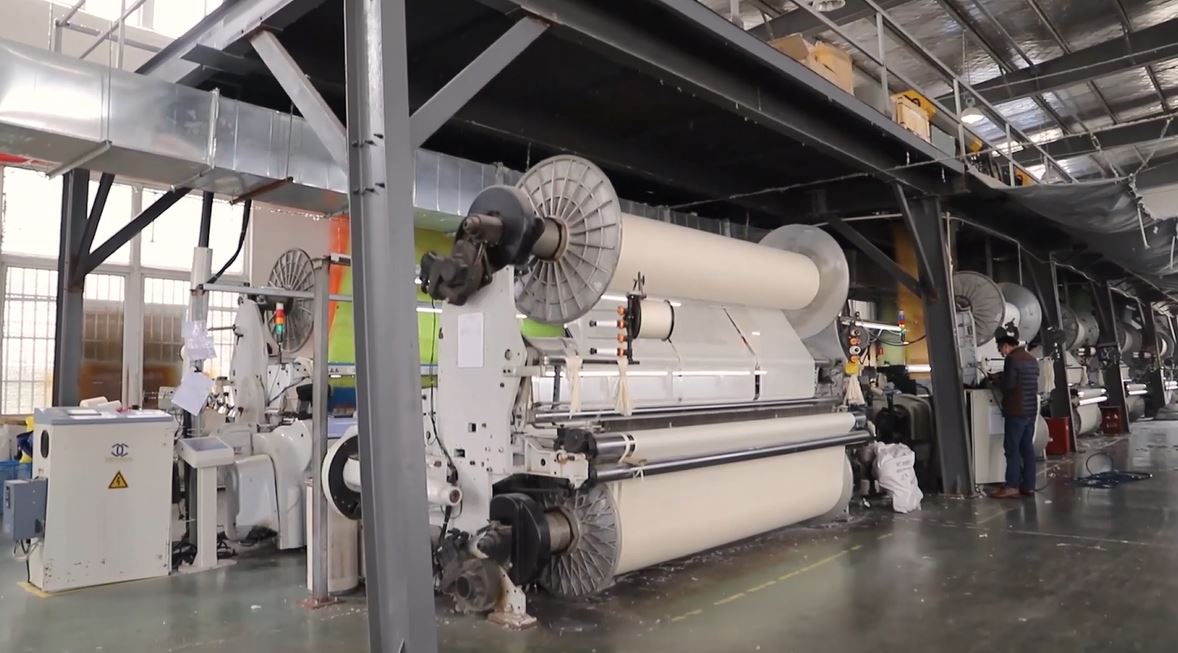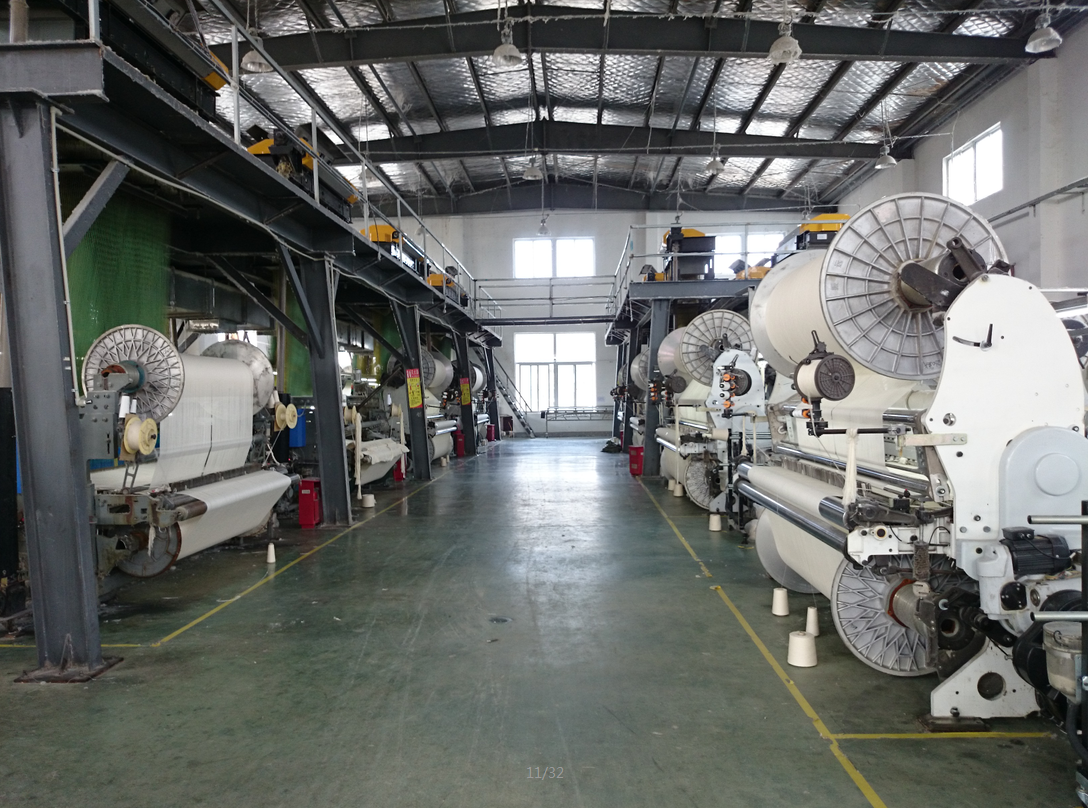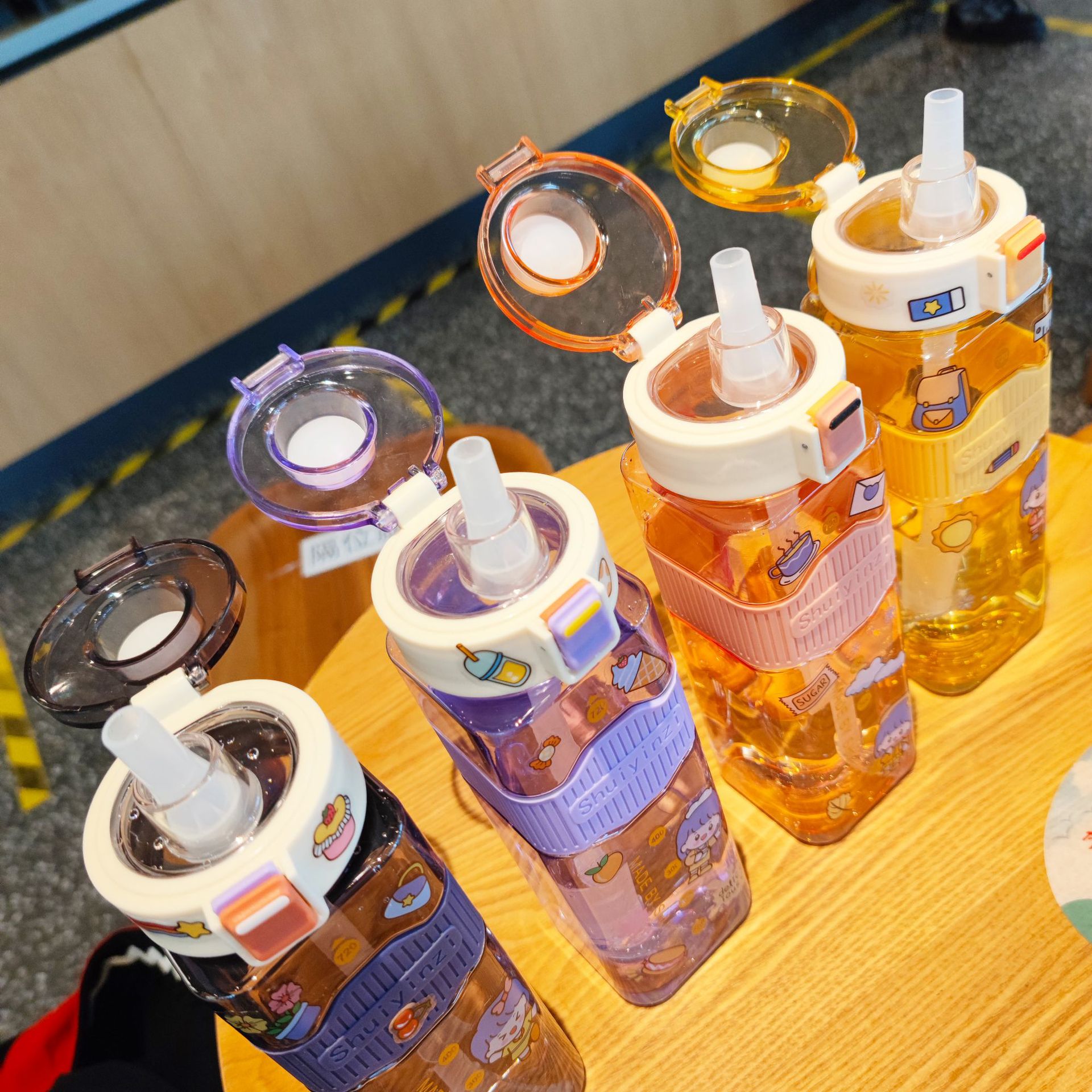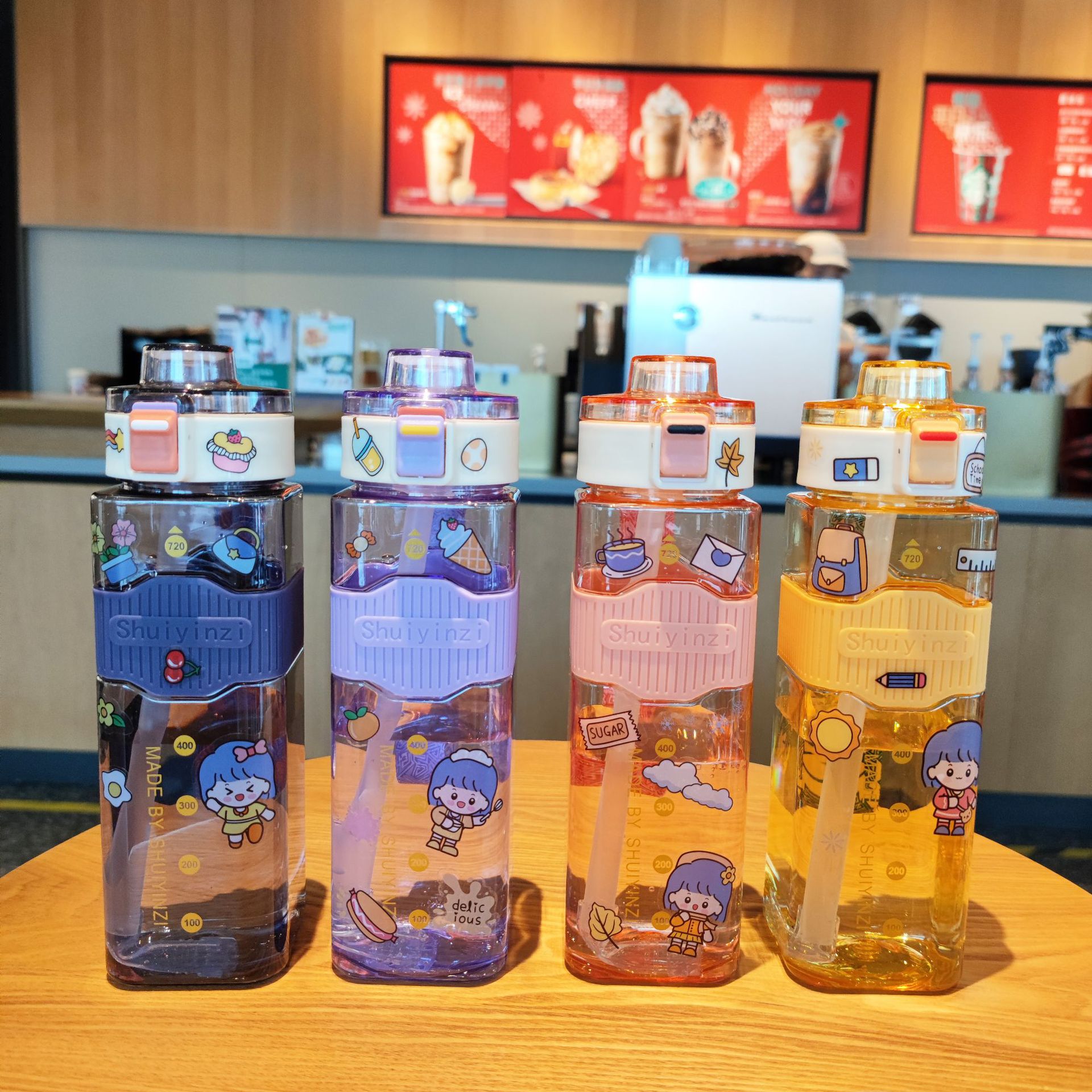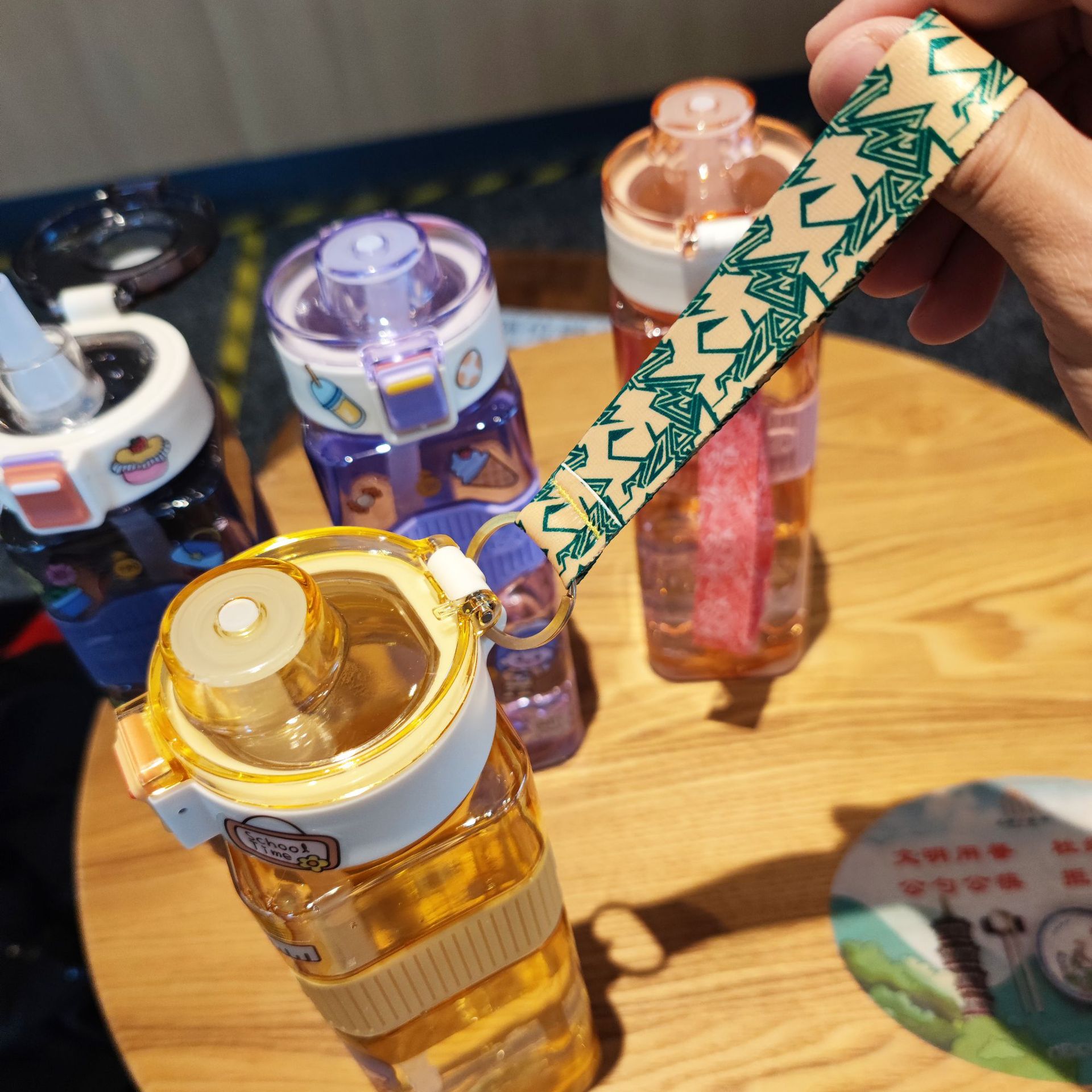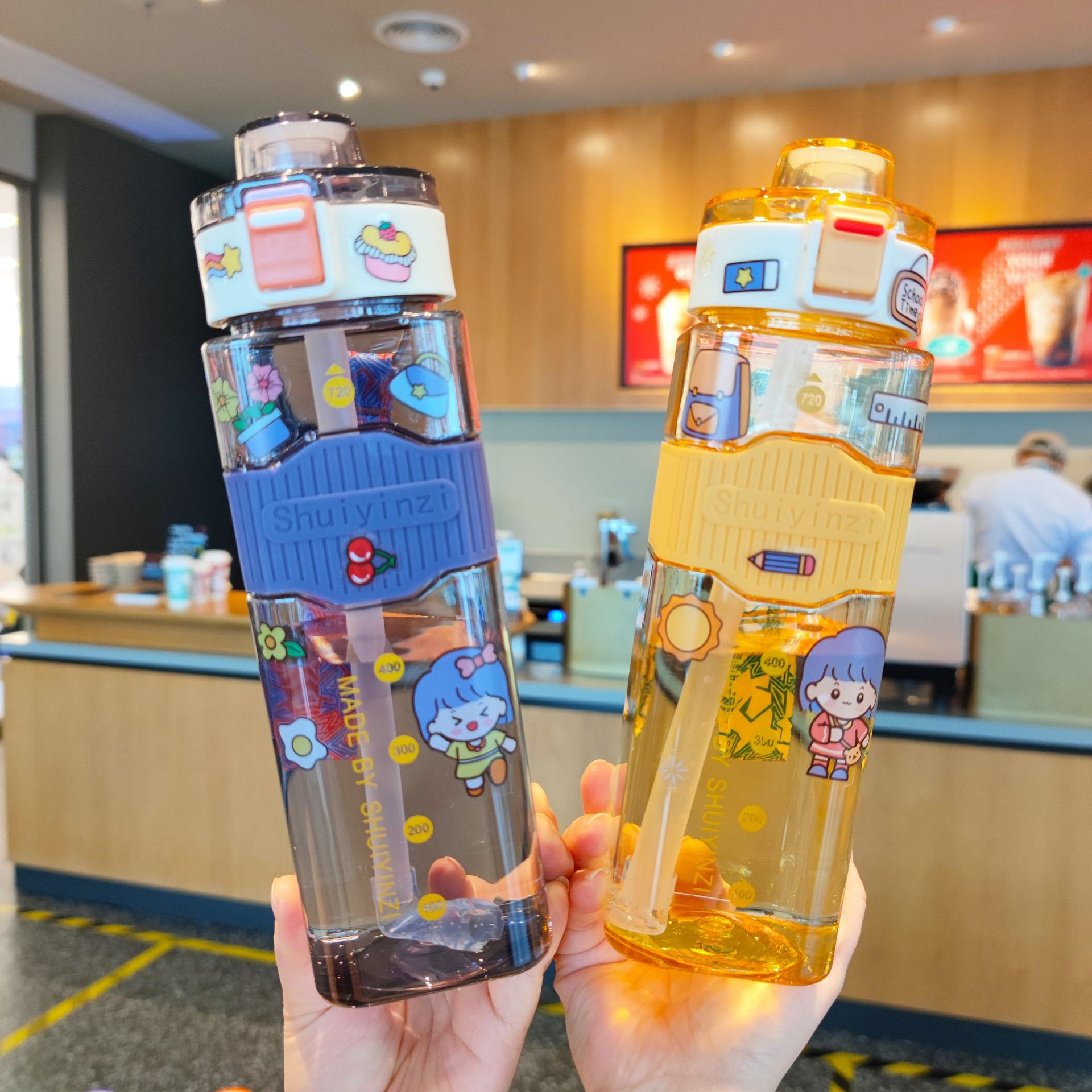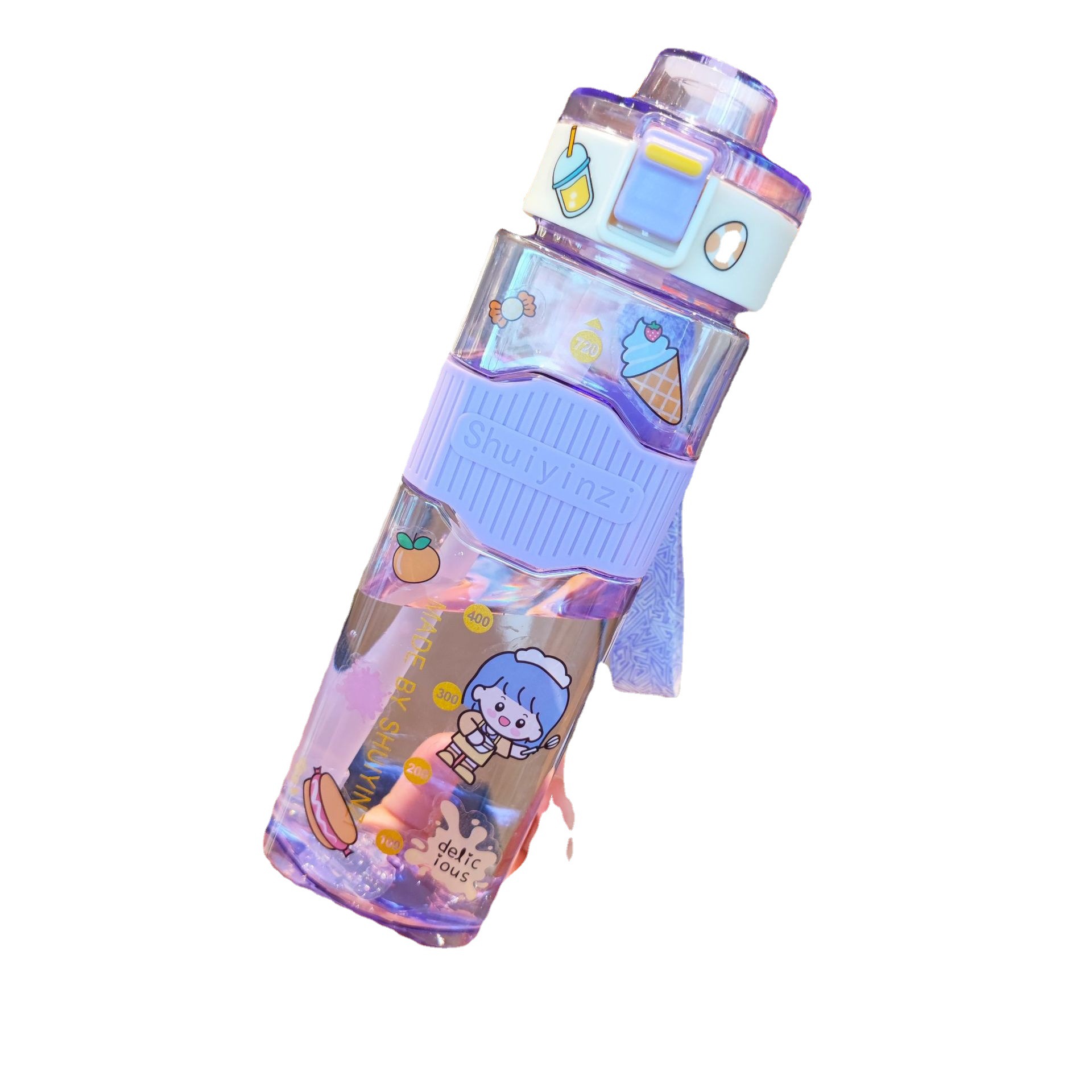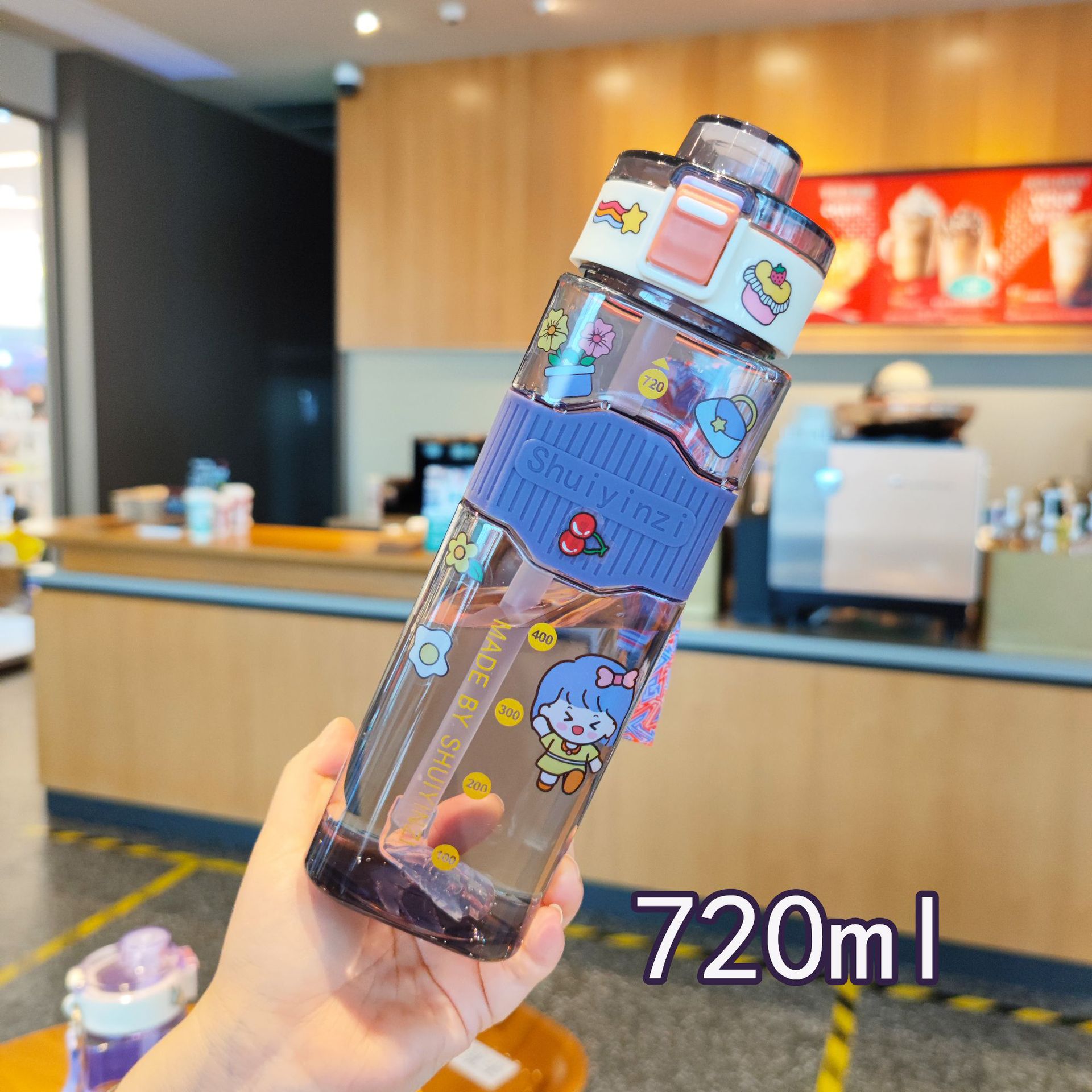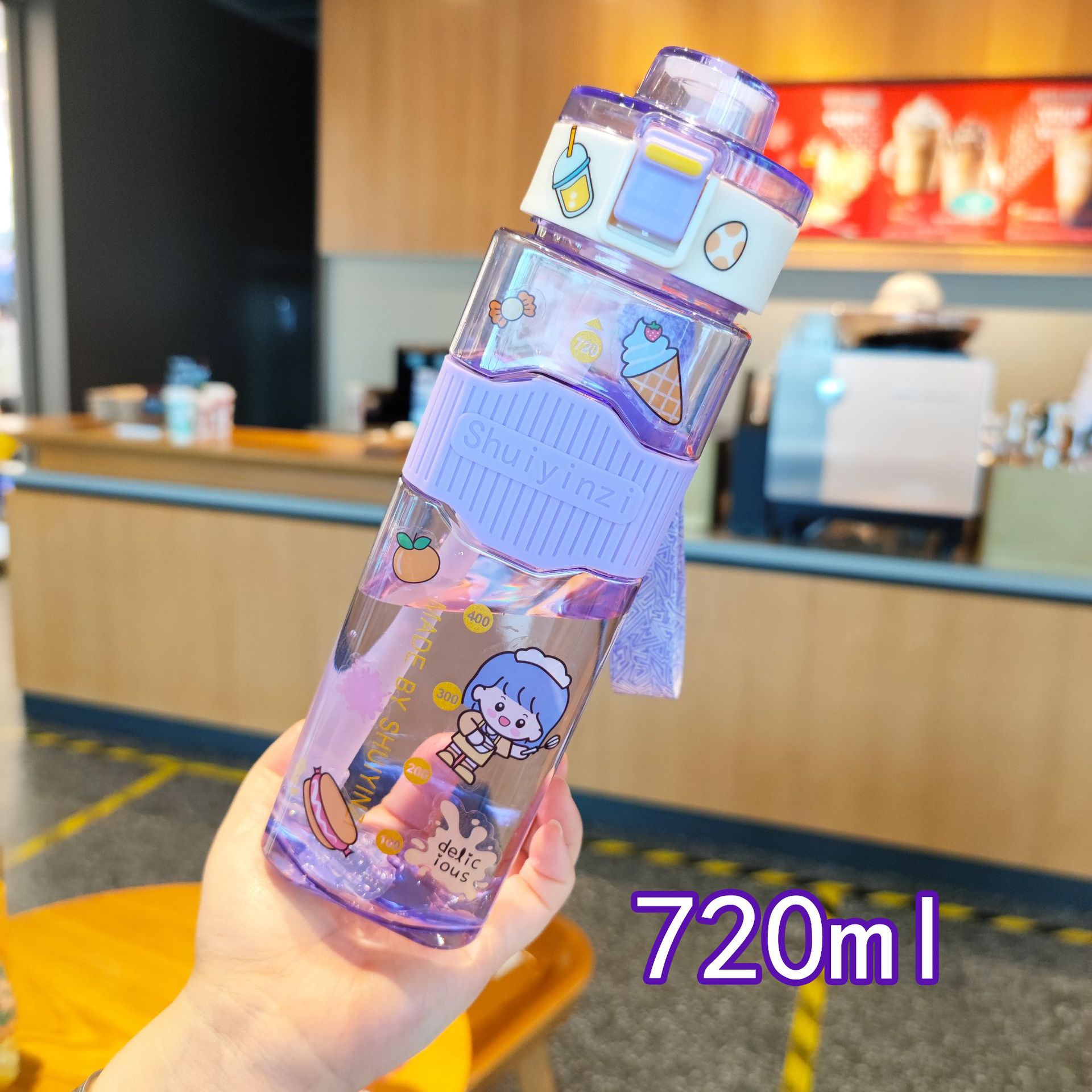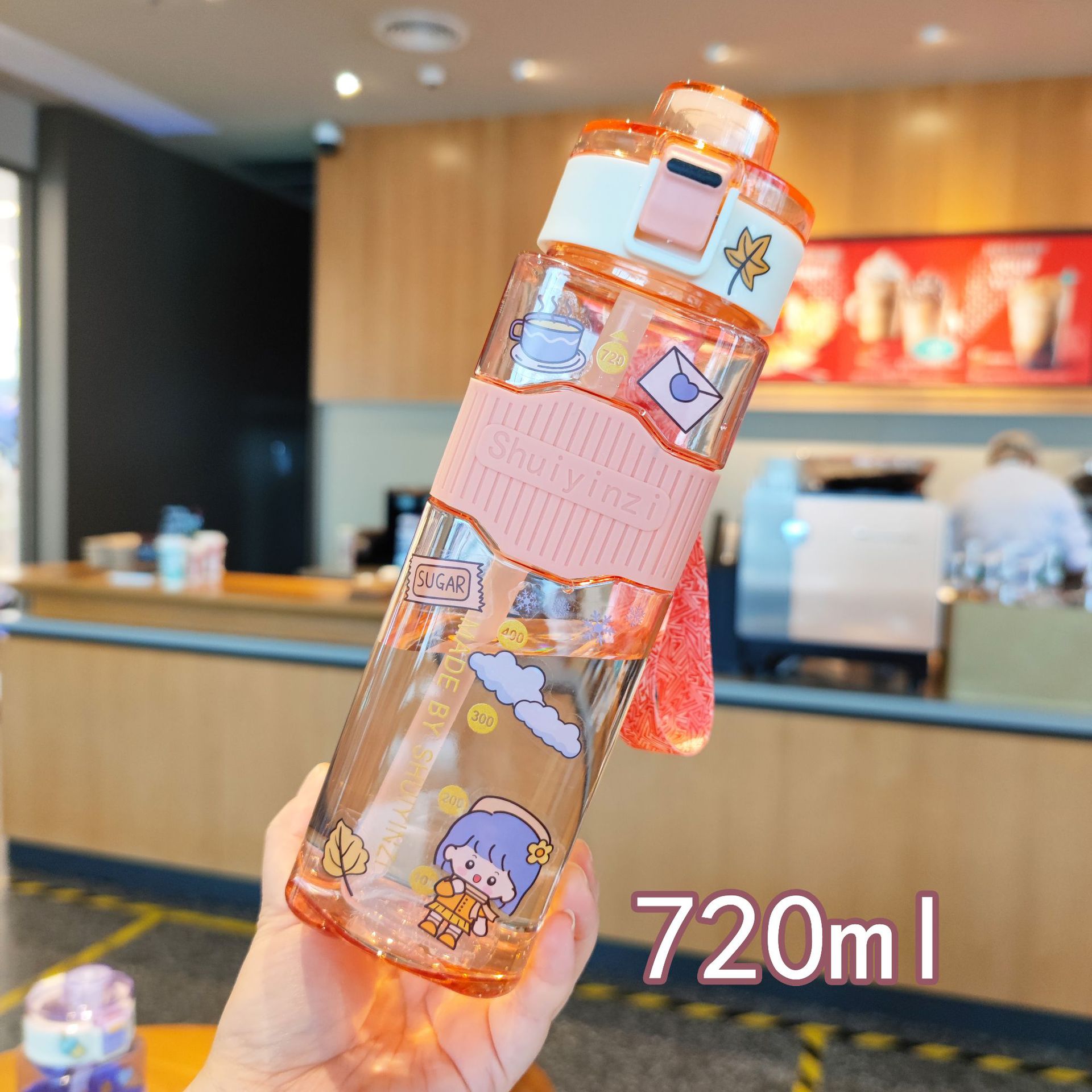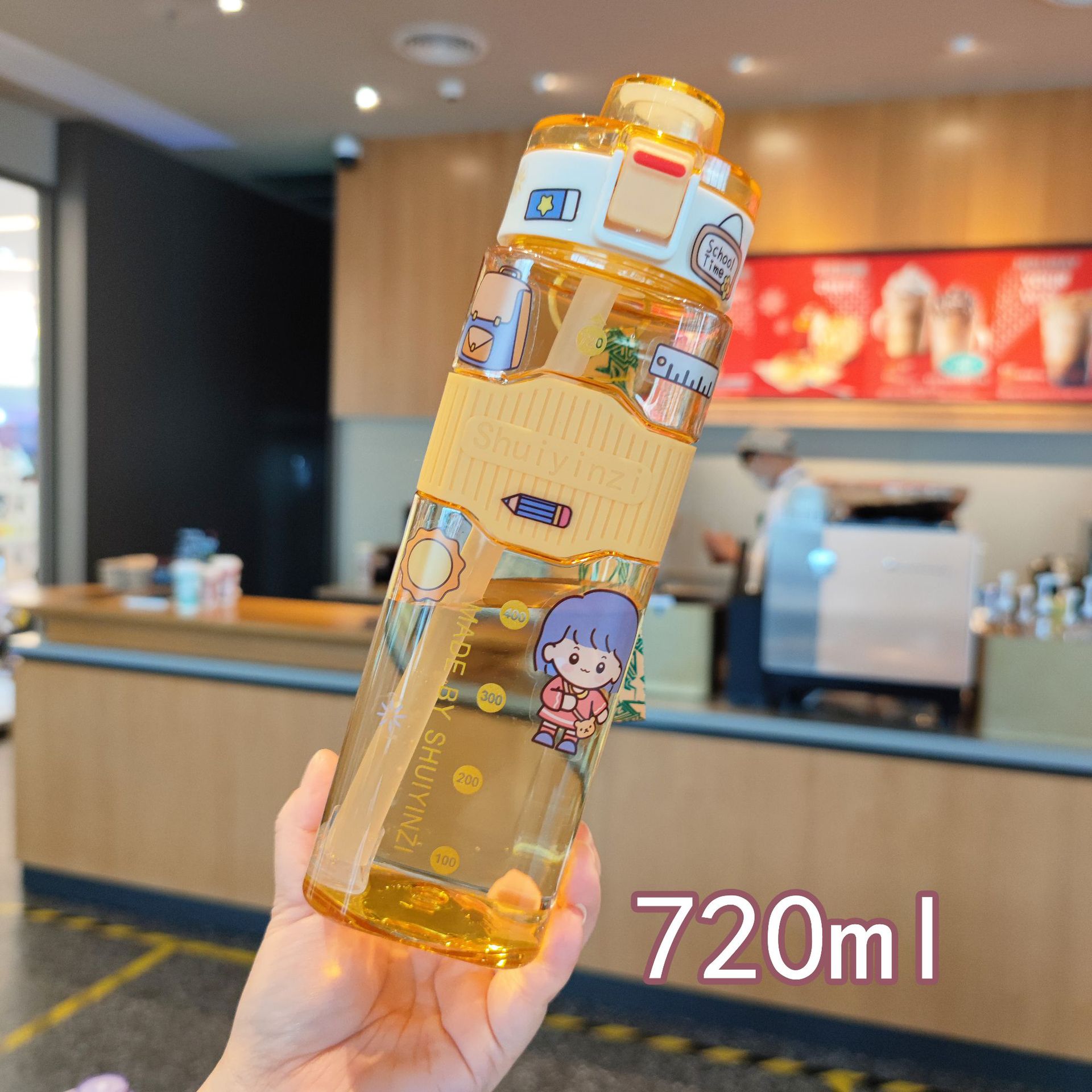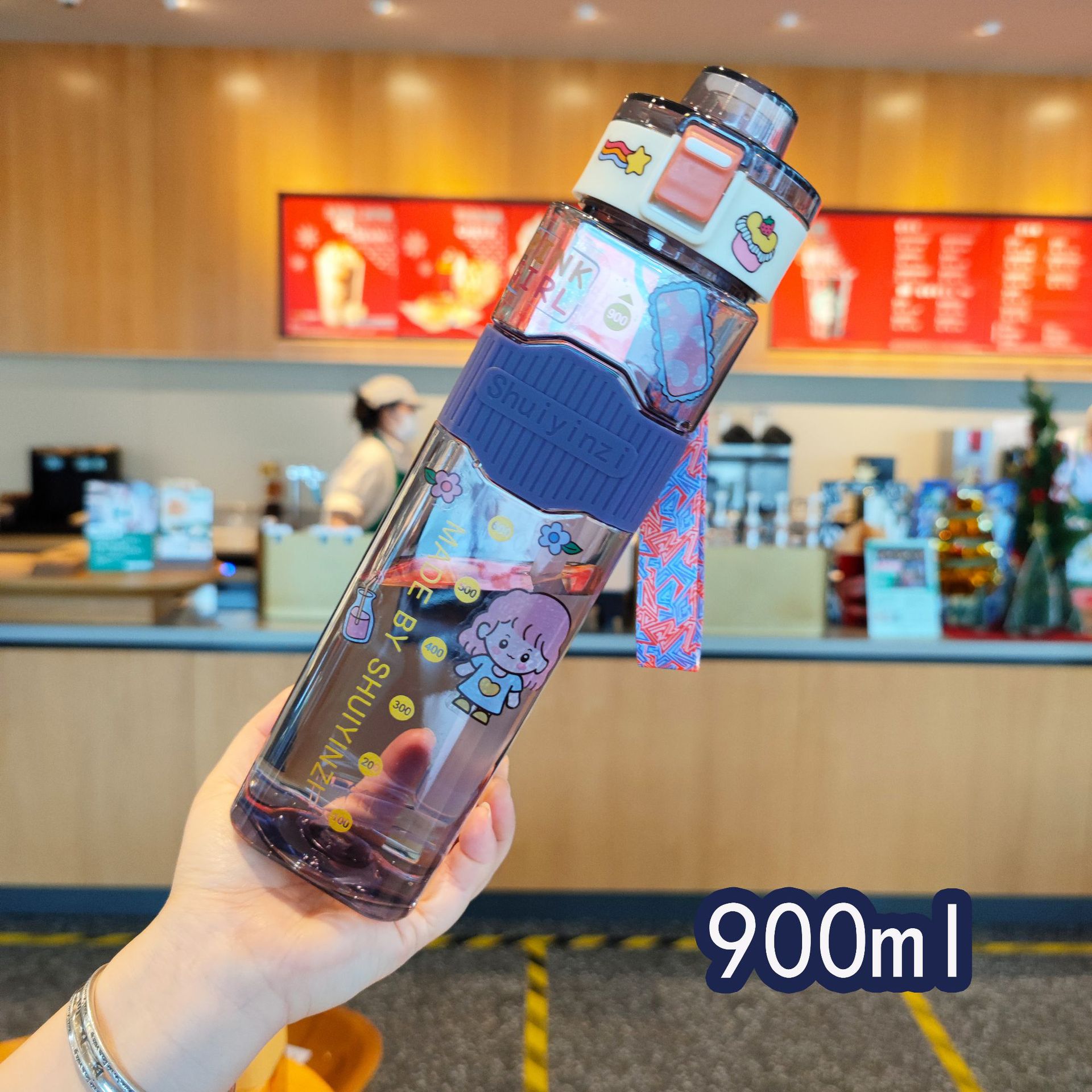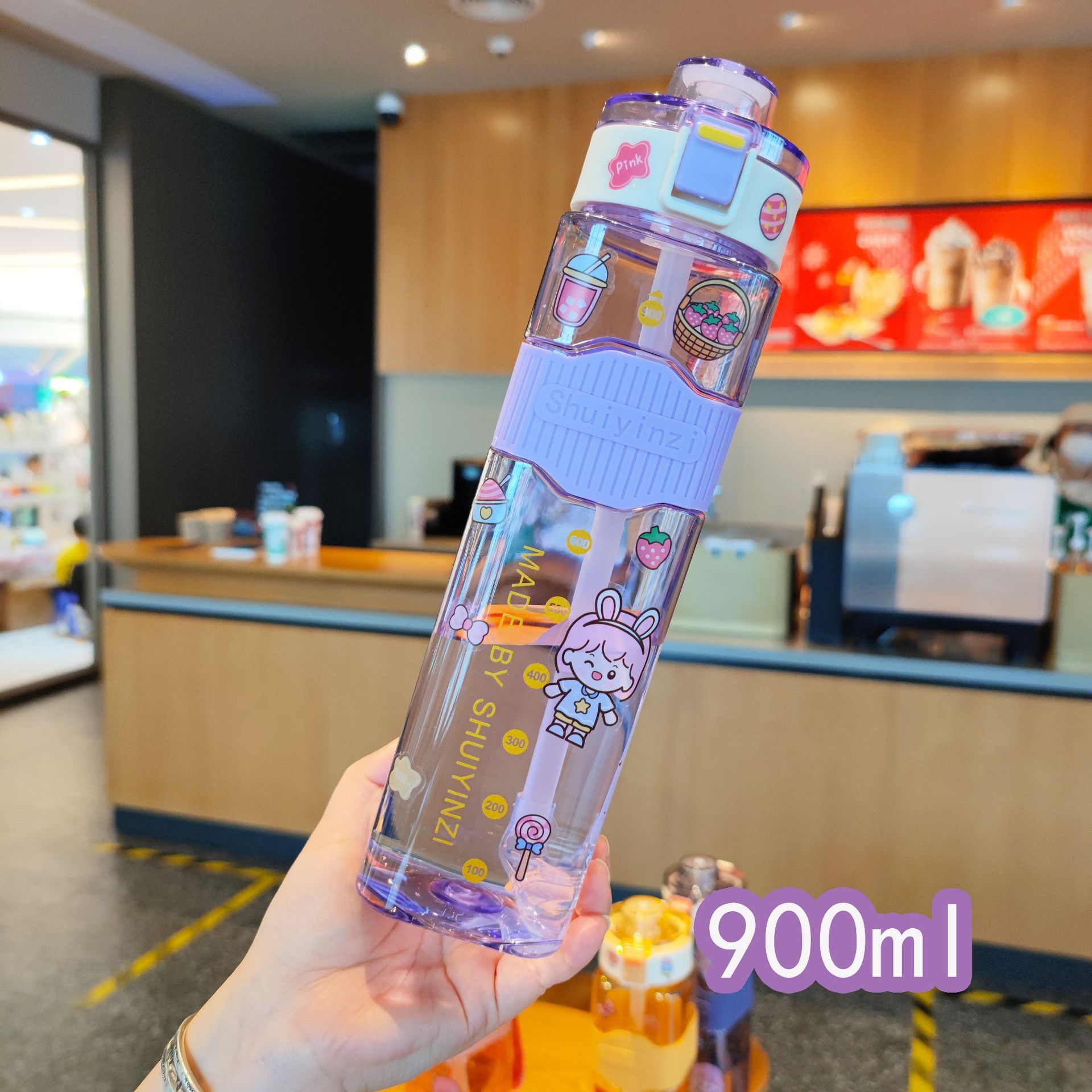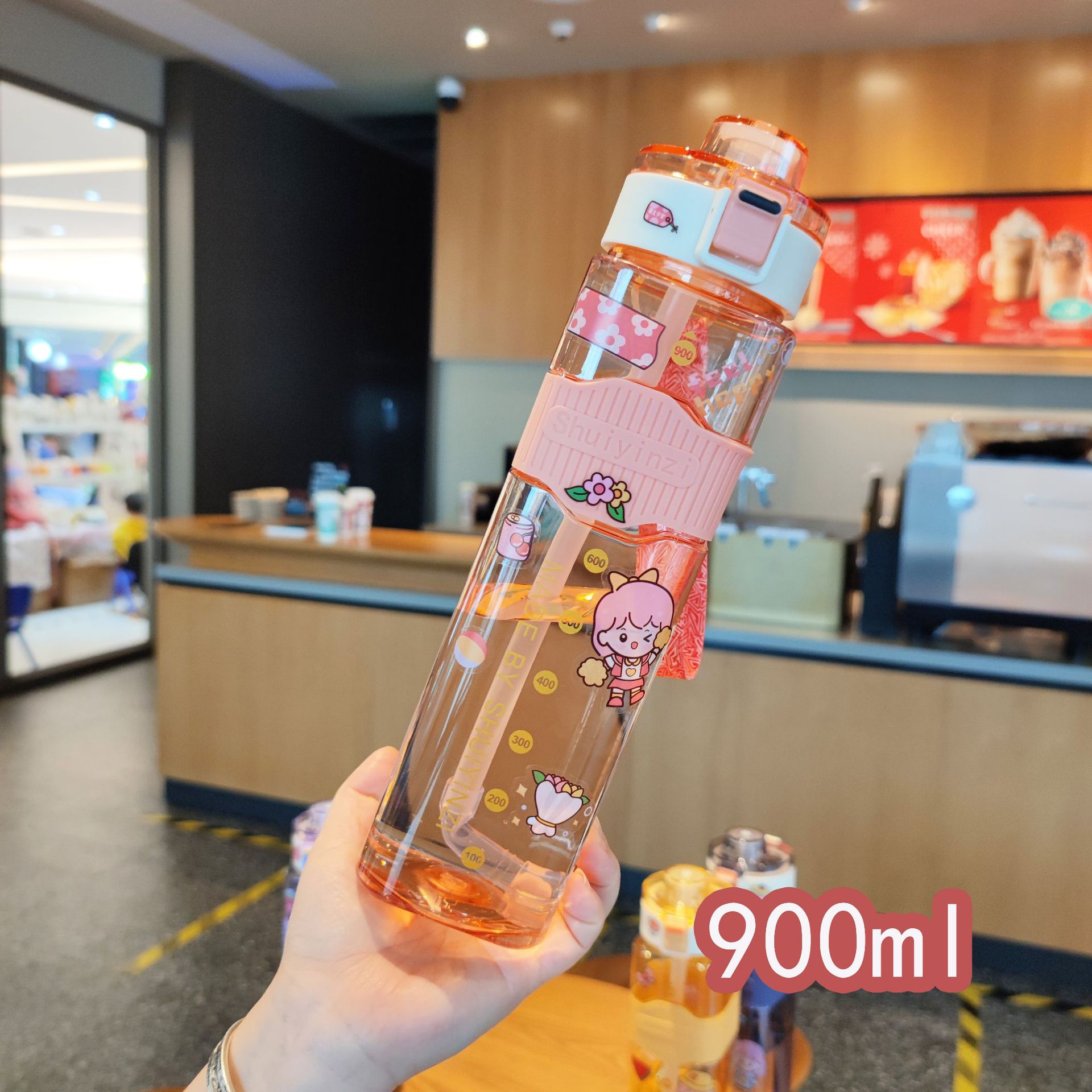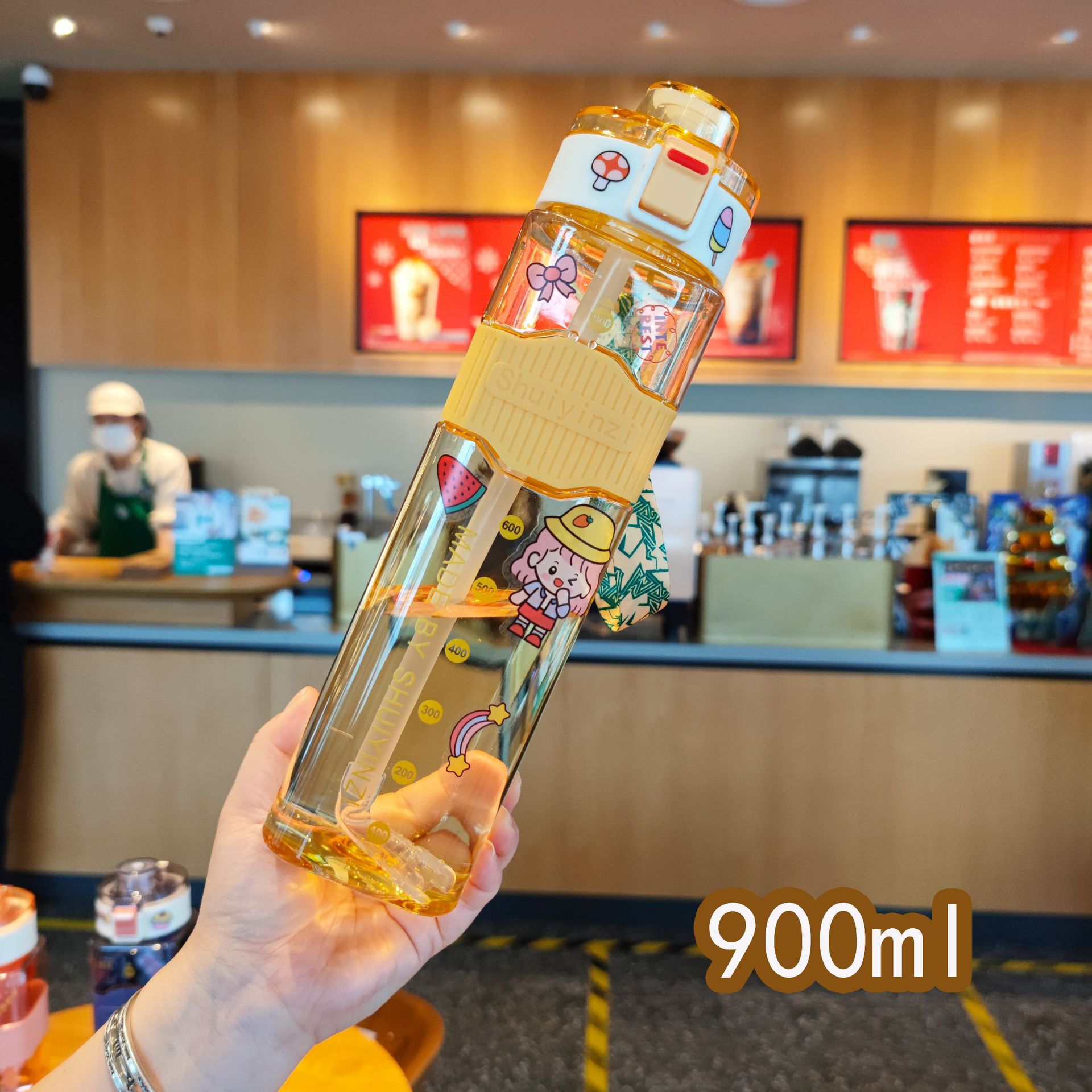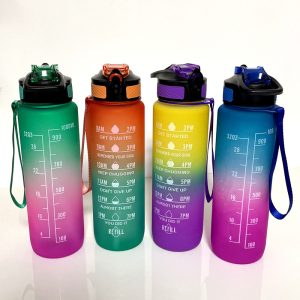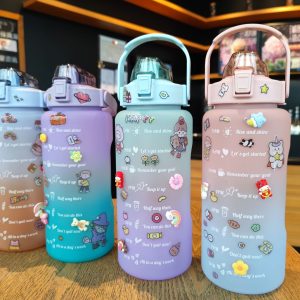Plastic water bottles, primarily crafted from polyethylene terephthalate (PET) or other plastic polymers, provide a convenient and readily available option for hydration on the go. Their lightweight nature makes them portable and easy to carry during daily activities, workouts, or travel. Additionally, plastic bottles are often cost-effective and come in various sizes and shapes to accommodate different needs.
However, concerns regarding the environmental impact of plastic bottles have emerged due to their contribution to plastic pollution. Single-use plastic bottles contribute significantly to environmental degradation, taking hundreds of years to decompose and often ending up in landfills, oceans, and ecosystems, harming wildlife and marine life.
Furthermore, there are concerns about potential chemical leaching from certain plastics, particularly when exposed to heat or reused multiple times. This has prompted a shift in consumer preferences towards more sustainable and safer alternatives like reusable bottles made from materials such as glass, stainless steel, or BPA-free plastics.
While plastic water bottles offer convenience and accessibility, their environmental implications have led many to seek more eco-friendly and reusable options, aligning with efforts to reduce plastic waste and promote sustainability.
